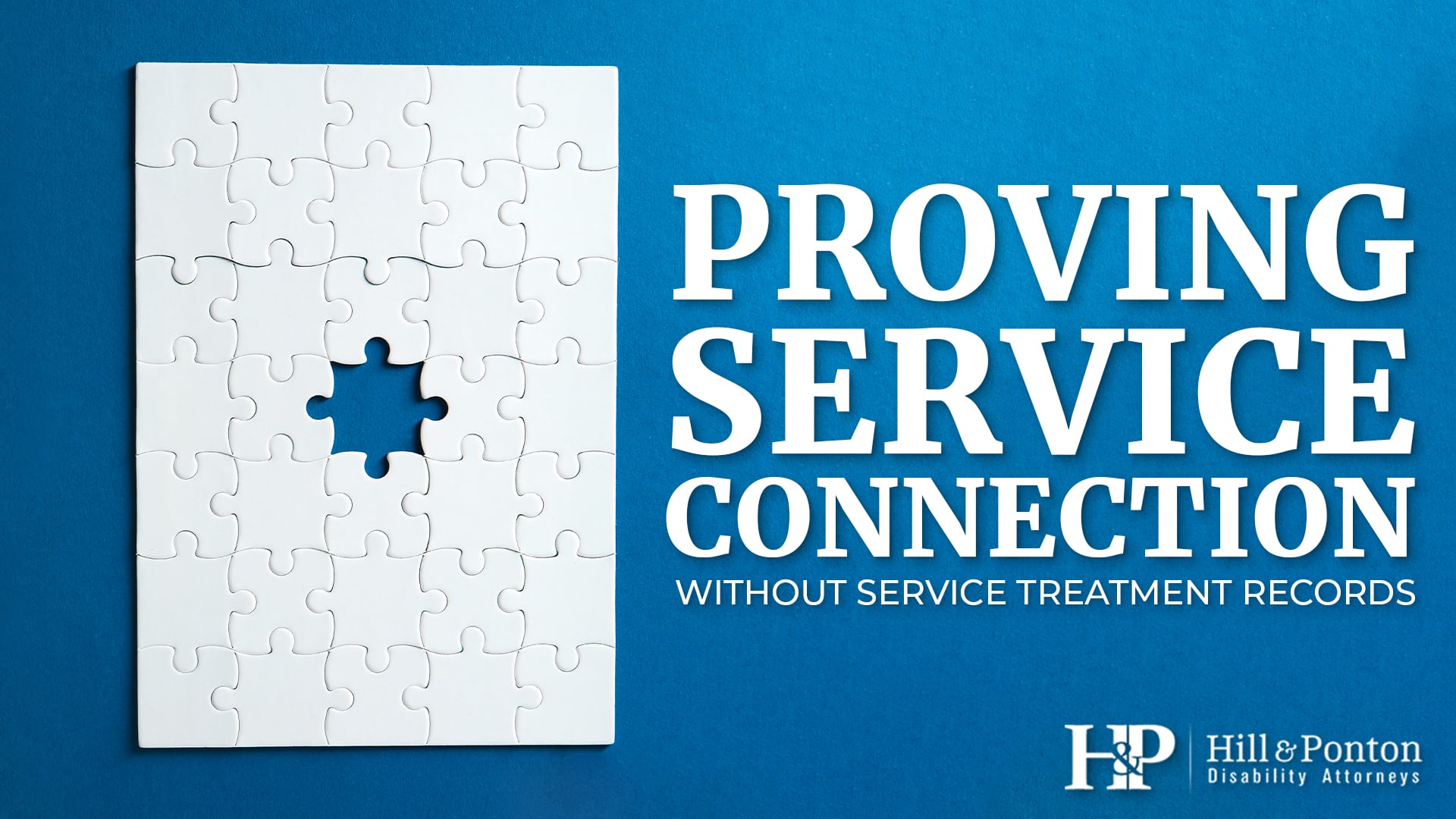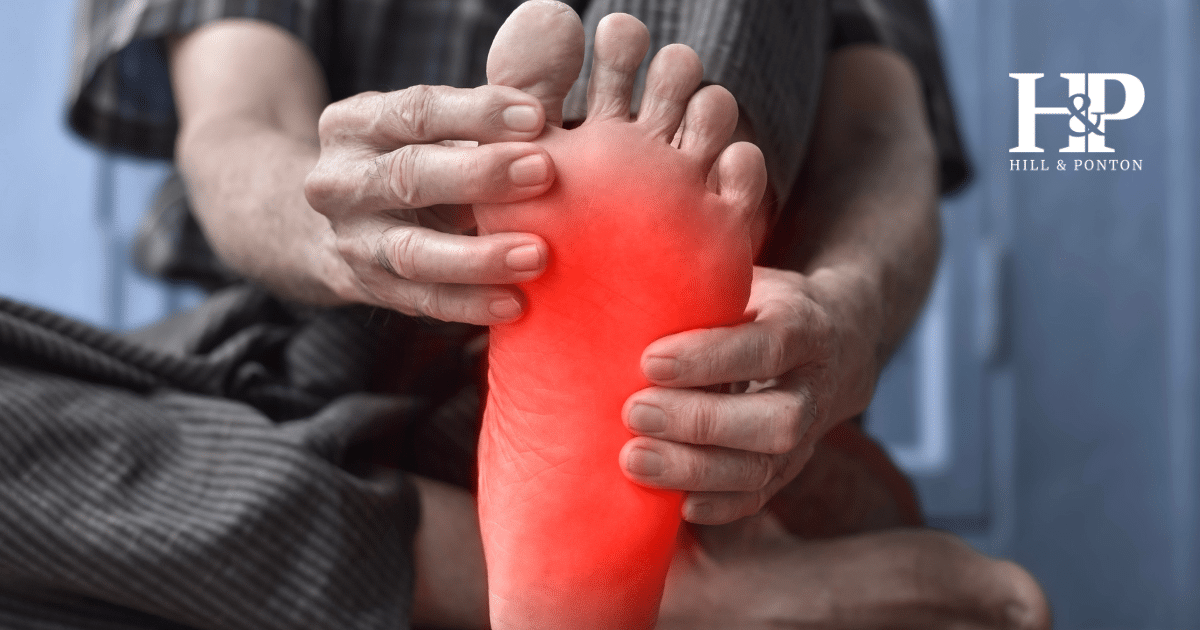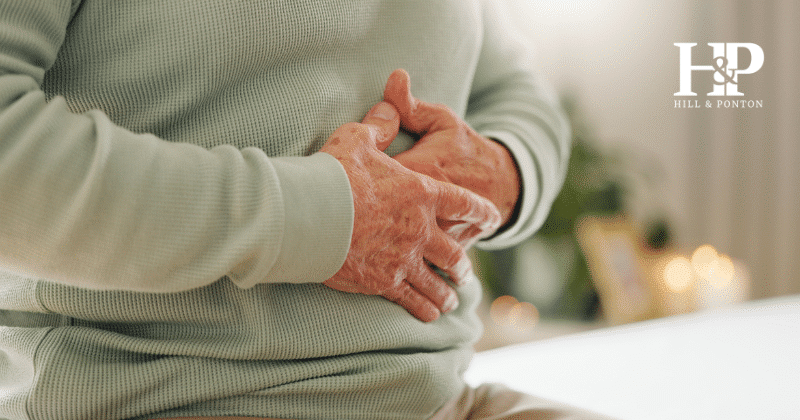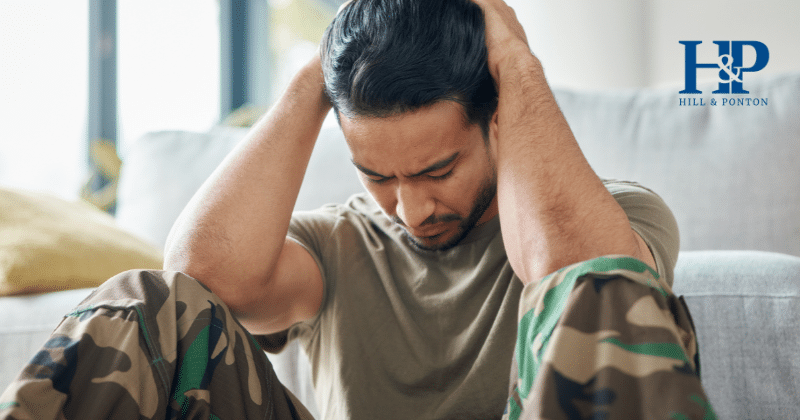Many veterans have illnesses or injuries that occurred while they were active duty but there are no records of the illness or injury. There can be many reasons; records get lost, the veteran was treated at civilian medical installation and the records have been destroyed; the veteran didn’t get treatment because they were worried they might get medically discharged due to the illness or injury.
Whatever the reason, just because there are no records does not always mean that the Department of Veterans Affairs won’t grant service connection. Here, we will cover how to prove a service-connected disability, and obtain VA disability benefits, without service treatment records.
What is Service Connection?
When a veteran files for disability compensation, there are several types of claims the veteran can file:
- direct service-connected
- service-connection through aggravation
- presumptive service-connection
- secondary service-connection
- service connection for injuries caused by the VA Health System. These different types of service connection are explained in detail in our blog What is VA Service Connection.
Basically what service connection means is exactly what it says, the injury or illness was connected to the active-duty military service.
Now, that does not mean that the veteran is limited to being harmed in combat or training. It also included any injury or illness experienced during the time the veteran was Active Duty as long as the injury was not due to willful misconduct. They may also include diseases or injuries that occur after service but are secondary to an illness or injury that did occur in service (secondary condition).
If a veteran qualifies for presumptive service connection, they won’t need to present the same evidence as those filing for other types of service connection to receive veterans disability benefits. This is because the veteran meets certain eligibility requirements.
For example, Vietnam Veterans who served in specific locations during a specific timeframe are presumed to have been exposed to Agent Orange. If they’re living with one of the conditions presumed to be connected to this chemical exposure, they are automatically eligible for benefits. Gulf War Veterans have a similar set of presumptive conditions.
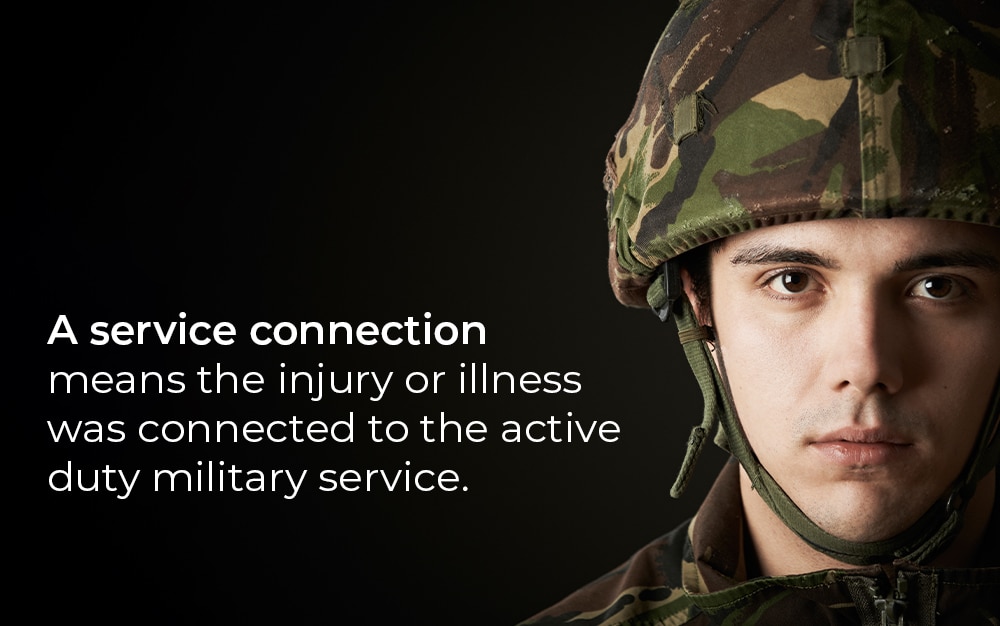
Evidence: Proving an In Service Injury or Illness
Every disability claim filed with the VA must have some type of evidence to corroborate the claim. Evidence requirements vary based on the type of claim and the issue being claimed. For an average claim, one without presumption or an injury caused by combat or being a POW, there are usually specific types of evidence a veteran needs to show service connection.
- The onset of the illness or an injury documented during active duty service;
- Treatment records that are relatively consistent between the time of illness or injury and the date of the claim; and
- Records showing a current diagnosis of the illness or injury residual and how they cause disability, even if it is just pain or having to change something such as diet or lifestyle, adding weight gainers for people underweight and so on.
Sometimes, there are no records of treatment in service to serve as medical evidence. There are many reasons why, but one of the main reasons is that active duty military members do not want to go to the doctor for fear of being medically discharged for a medical condition that is potentially going to limit them from doing their job. They will just put up with it until they retire or get out, then they will see a doctor.
Several other reasons are that the records were destroyed, were not even kept (often this happens in the field such as deployed training exercises, survival training, or in combat situations, anywhere there is no official military medical installation).
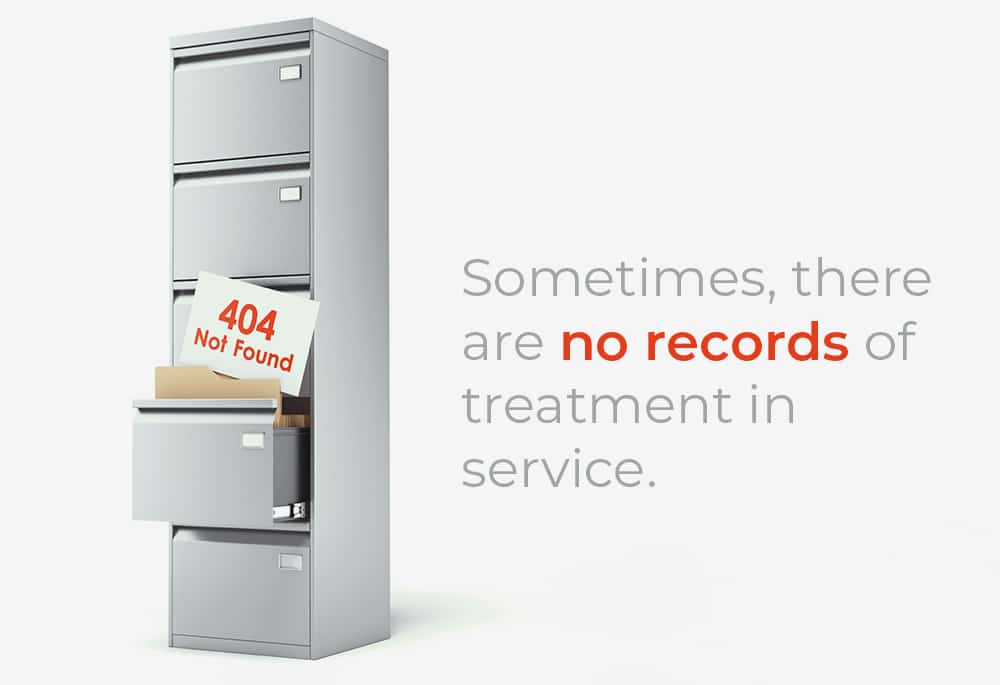
The VA has a “duty to assist” by law. The law, the Veteran’s Claims Assistance Act (VCAA) defines the VA’s role and responsibilities in assisting veterans in developing their claims by attempting to obtain evidence from Federal agencies and providing a VA medical exam or a medical opinion if deemed necessary.
Lay Evidence
Again, what if they don’t exist? This is where another type of evidence comes into play.
Lay evidence is evidence that does not come from professional sources like health care providers. Rather, it comes from individuals like fellow service members, family members, and even coworkers. These are individuals who can speak about the in-service event and/or the affects of the current disability.
Getting people who knew the veteran while in service who can attest to the condition of their health (no medical diagnosis, but personal observations), or who can recollect and corroborate an injury or event that caused an injury can also serve as evidence.
Lay evidence must meet certain criteria to be considered by the VA. It must be credible and competent. This means that it must be believable and fit with any other evidence that is provided such as current medical records. If a fellow troop makes a buddy statement saying a veteran he served with broke his leg on a hike during training.
However, the current X-rays do not show evidence of an old fracture. Therefore, that would not be a credible statement because the current evidence disputes the lay statement. If a mother makes a statement that her veteran son, who was on a ship, had bronchitis. That would not be a competent statement as she is not a medical professional who can access the veteran to make a diagnosis.
What they can provide is a statement that the first veteran hurt his leg when he fell and the second veteran was coughing a lot. Only professionally licensed personnel can make a diagnosis. Moreover, exaggerations of events will only serve to ruin the credibility of any other evidence that person submits on the veteran’s behalf, no matter how true it is.

Other Avenues of Research
Another way is to find other incidents that can show a probability that an injury or illness occurred.
Deck logs, installation newspaper articles, veteran newsgroups, ship yearbooks, and various other researchable places exist where evidence can be sought out.
Proving that someone was injured in a car accident when the records were destroyed is much easier if something like an accident report, car insurance claim, or article in the paper can be found. Having a representative to assist with the claim can also help provide veterans with researchers who can try to find that evidence to prove the claim.
It does not always work, the road is not always smooth and straight, but if you do not try, the answer will always be no.
Have Questions About Your VA Benefits?
If you’re looking to prove a service-connected disability without service records, the team at Hill & Ponton is here to help. Our law firm is committed to helping disabled veterans and their family members obtain VA disability compensation. If your VA disability claim was denied, our attorneys are available to support and represent you. Contact us today for a free case evaluation.
